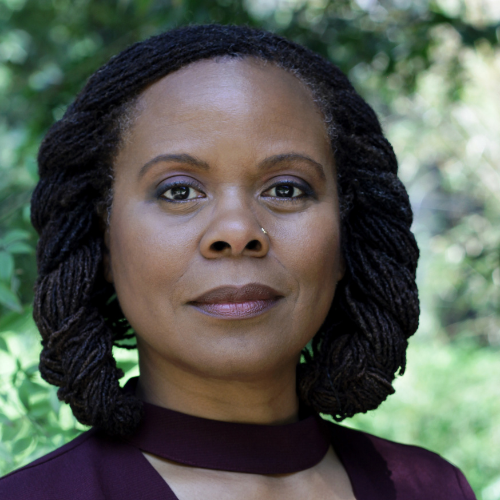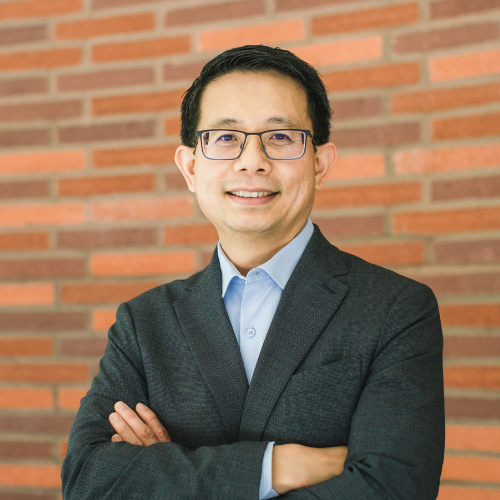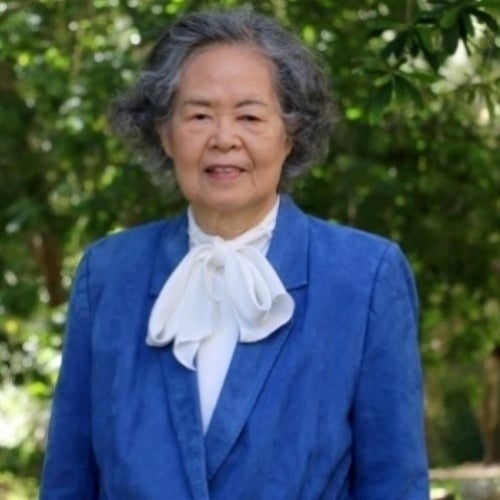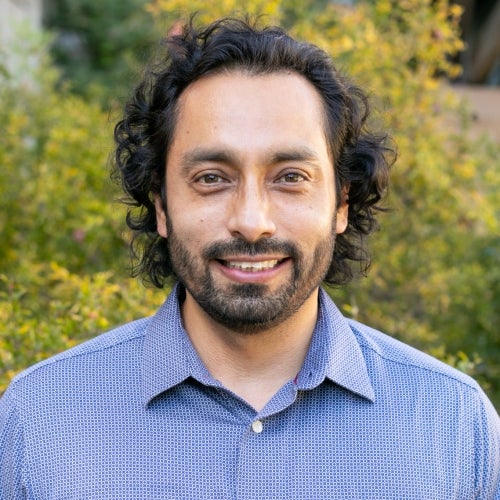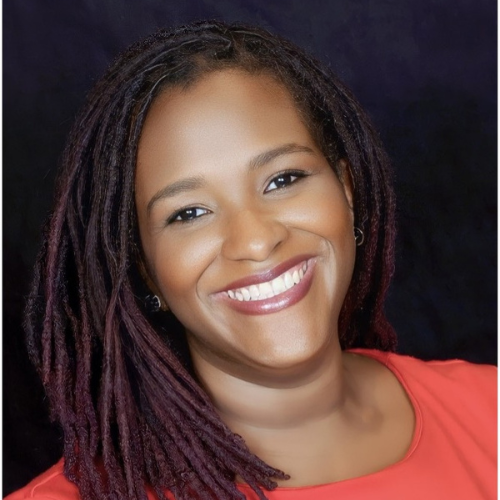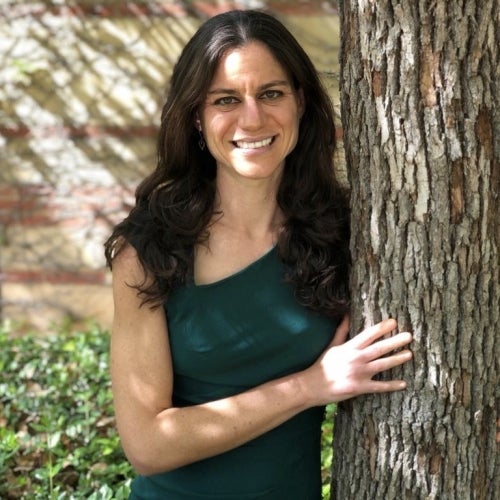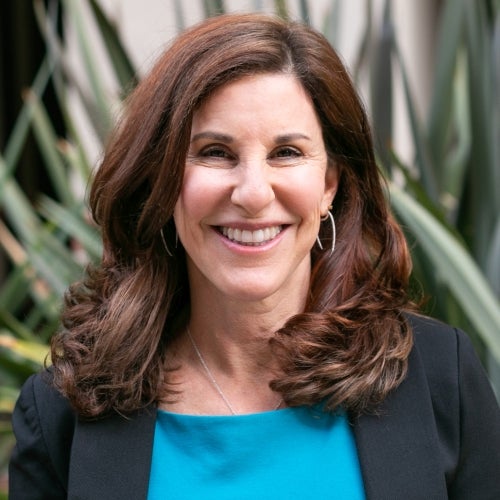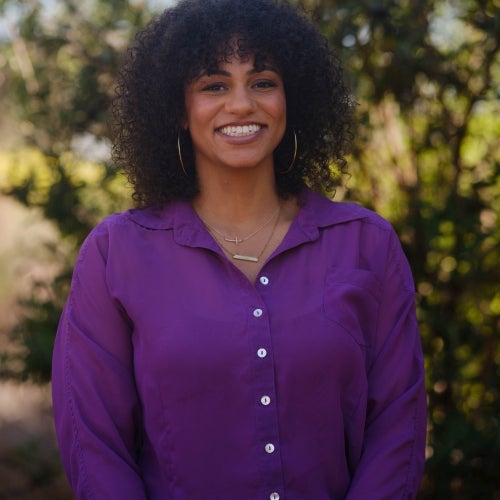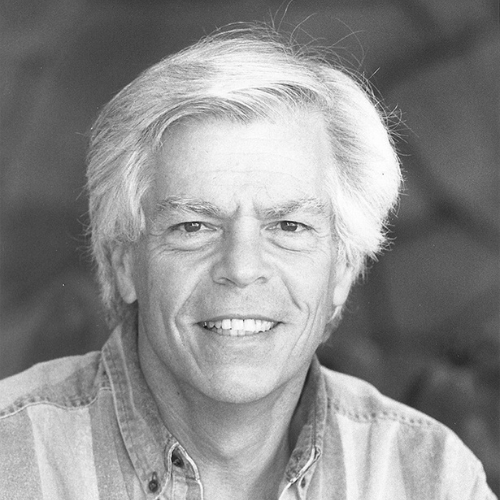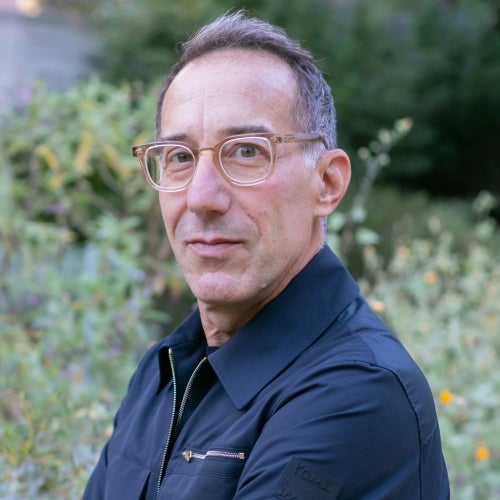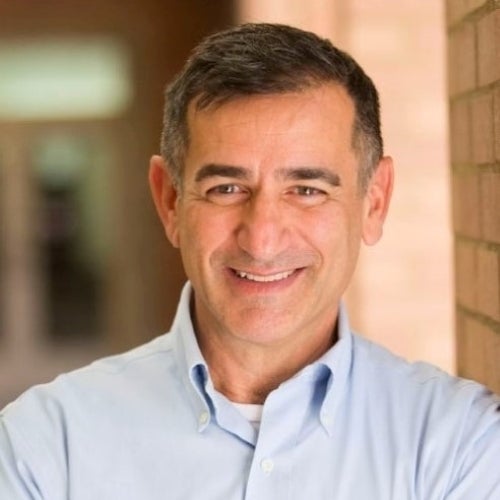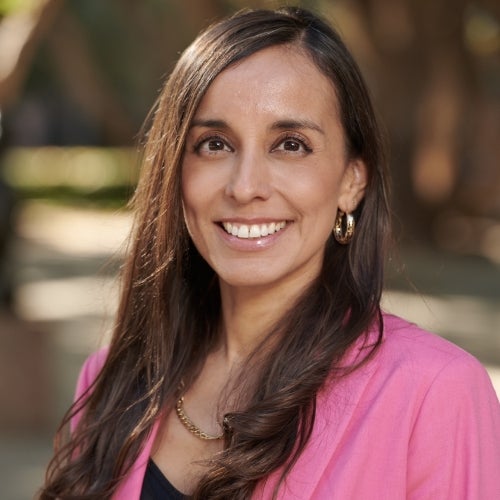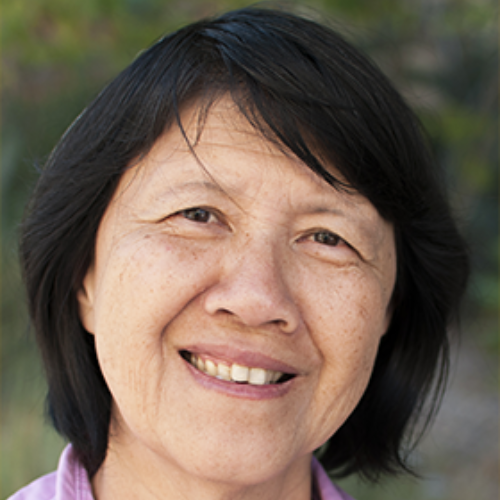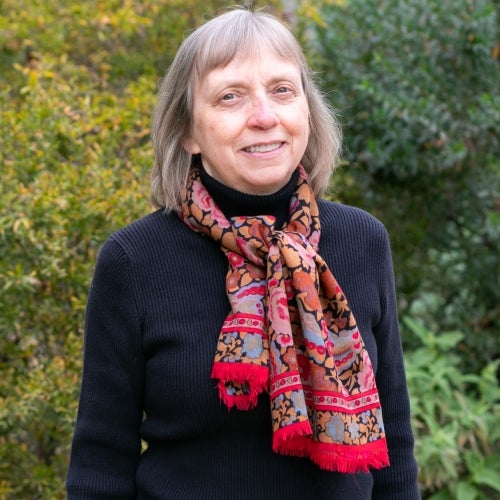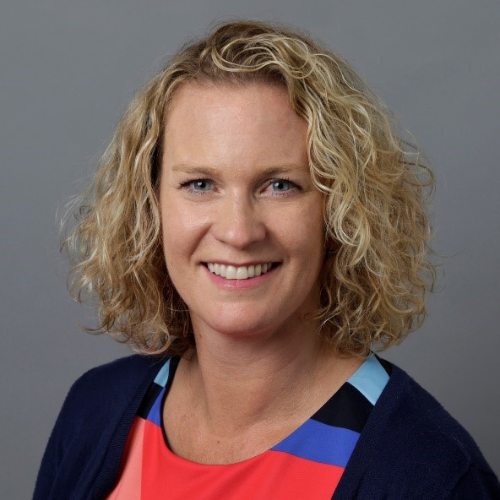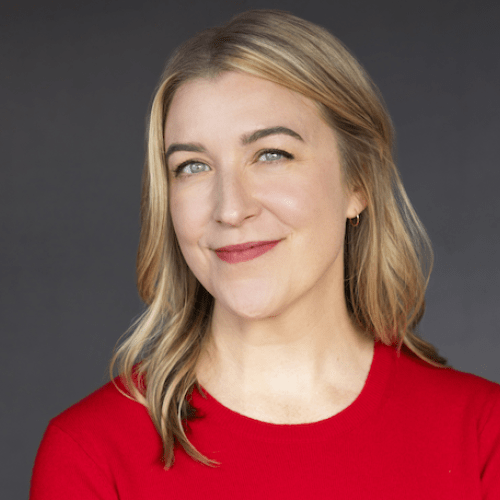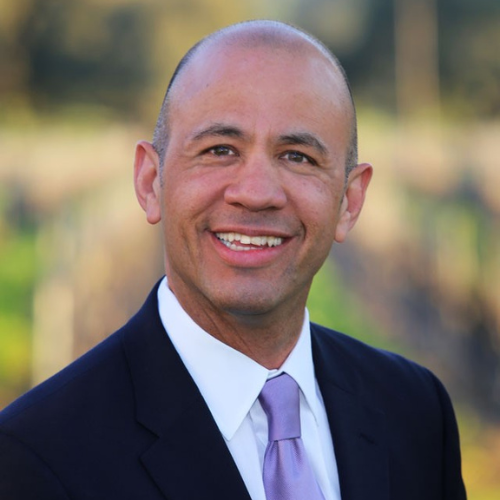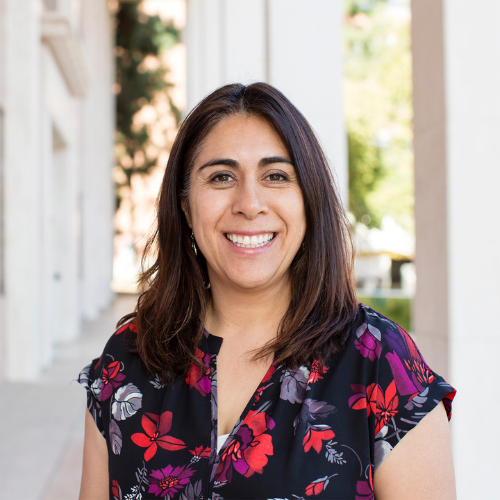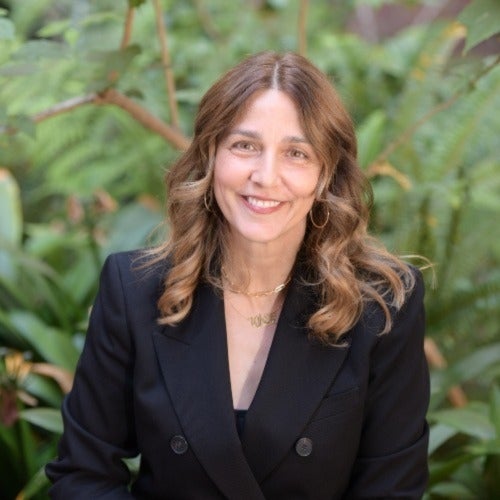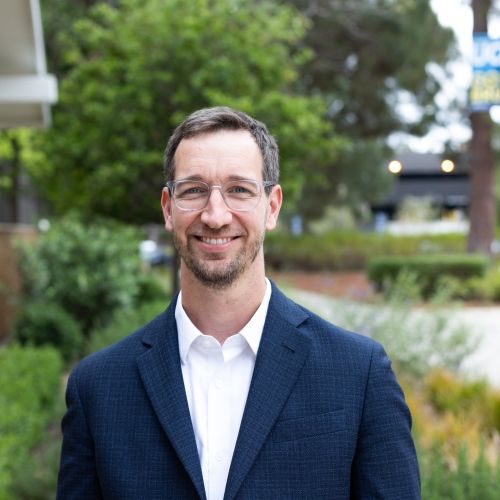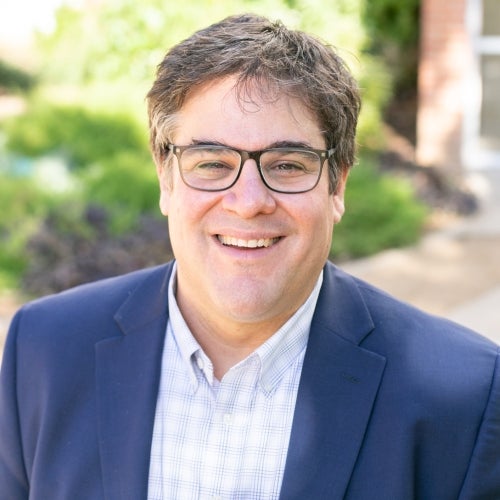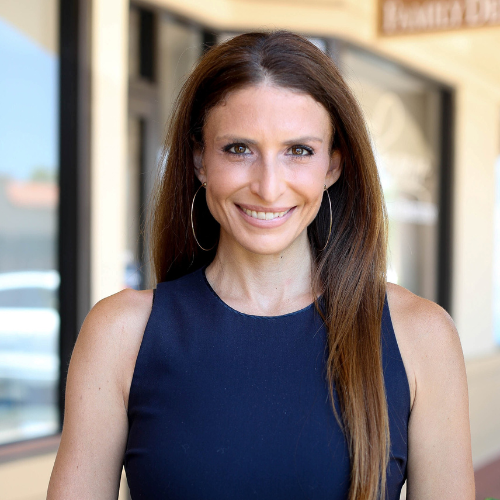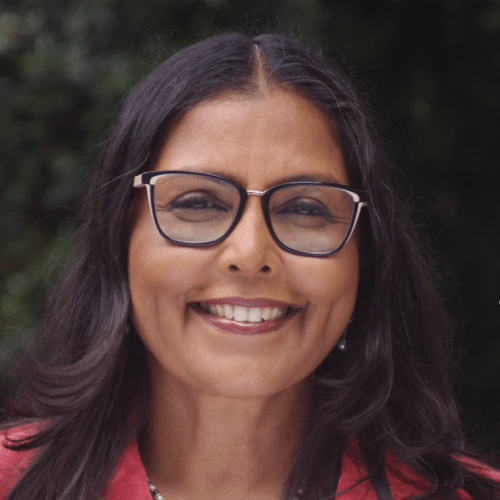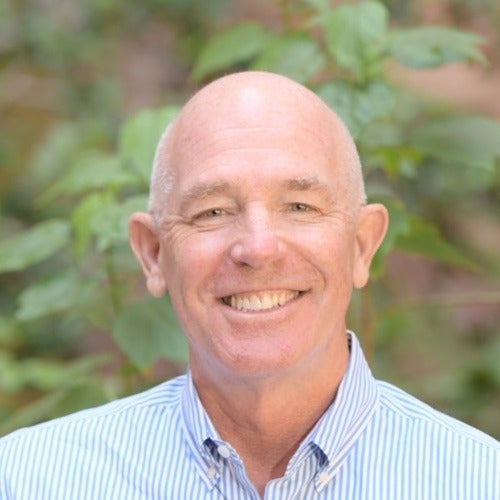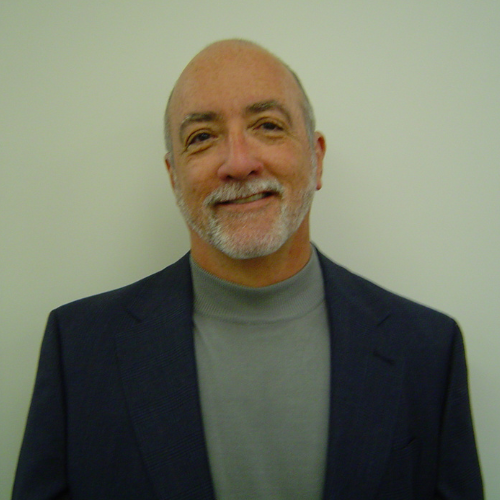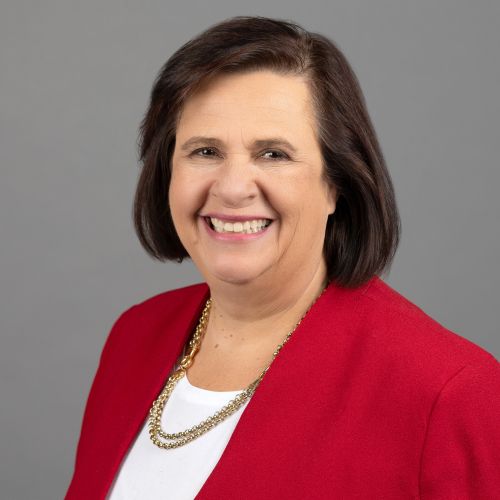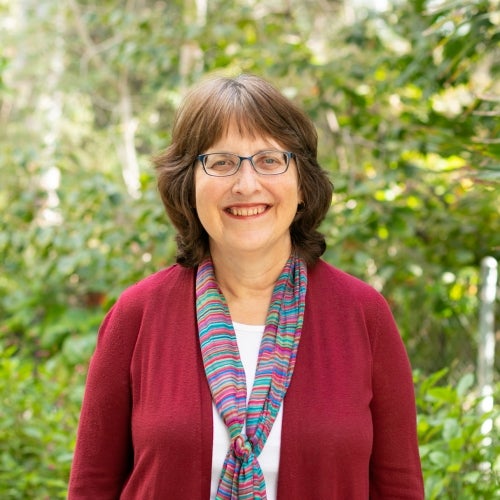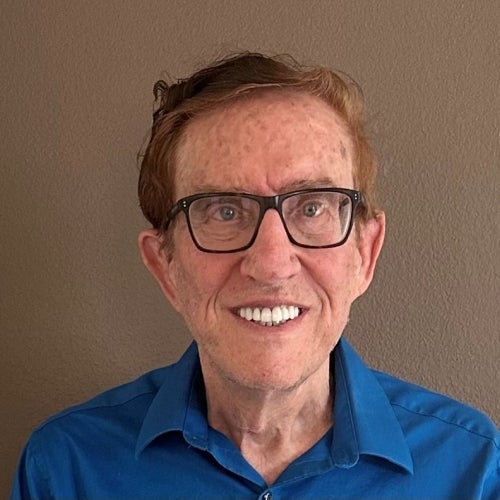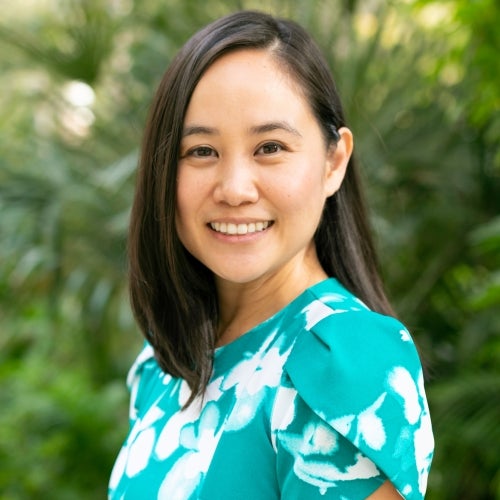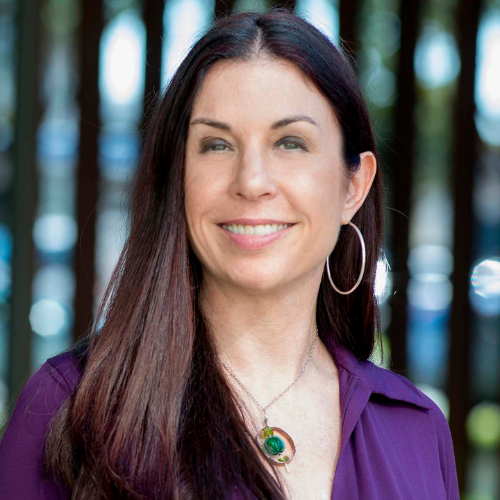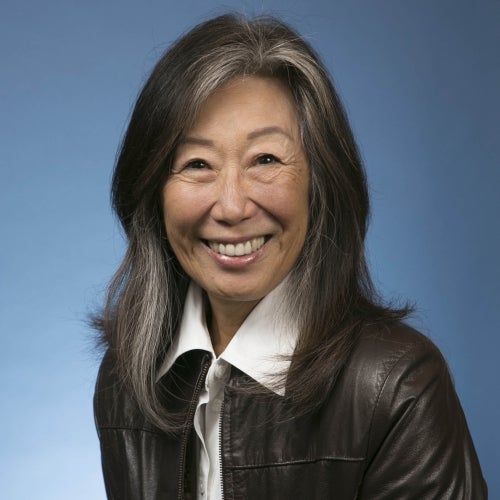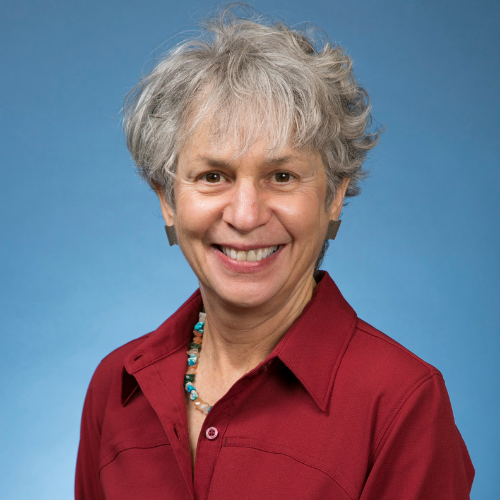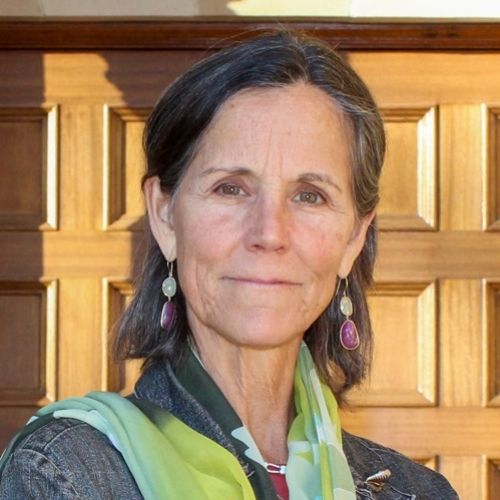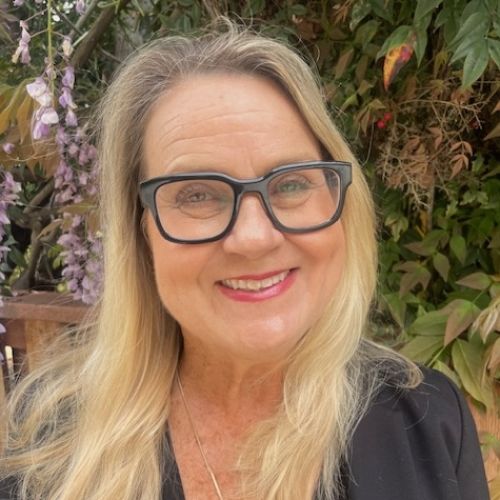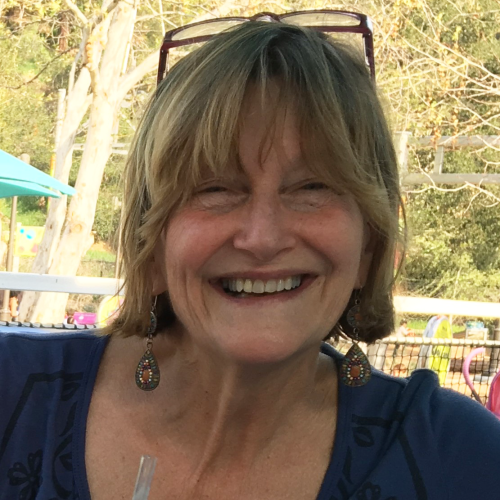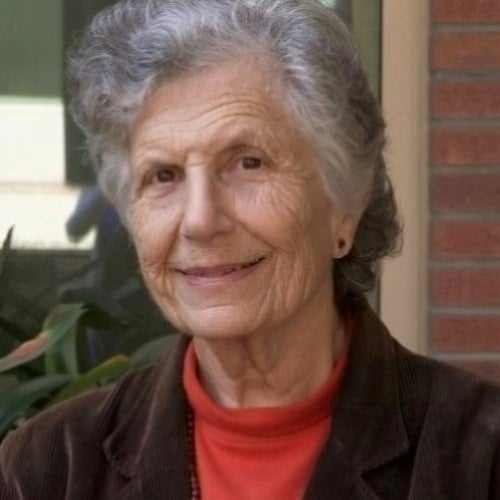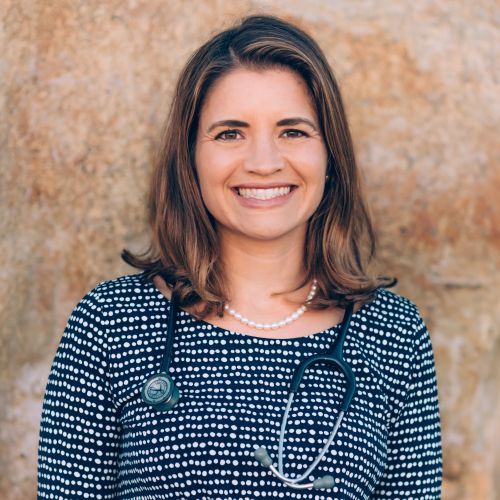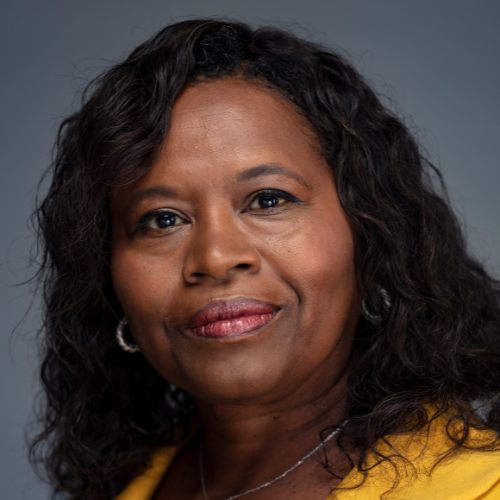A ‘Direct Threat to Health Equity’
A new book co-edited by the director of FSPH’s Center for the Study of Racism, Social Justice & Health brings racism to the forefront as a public health problem requiring immediate attention.
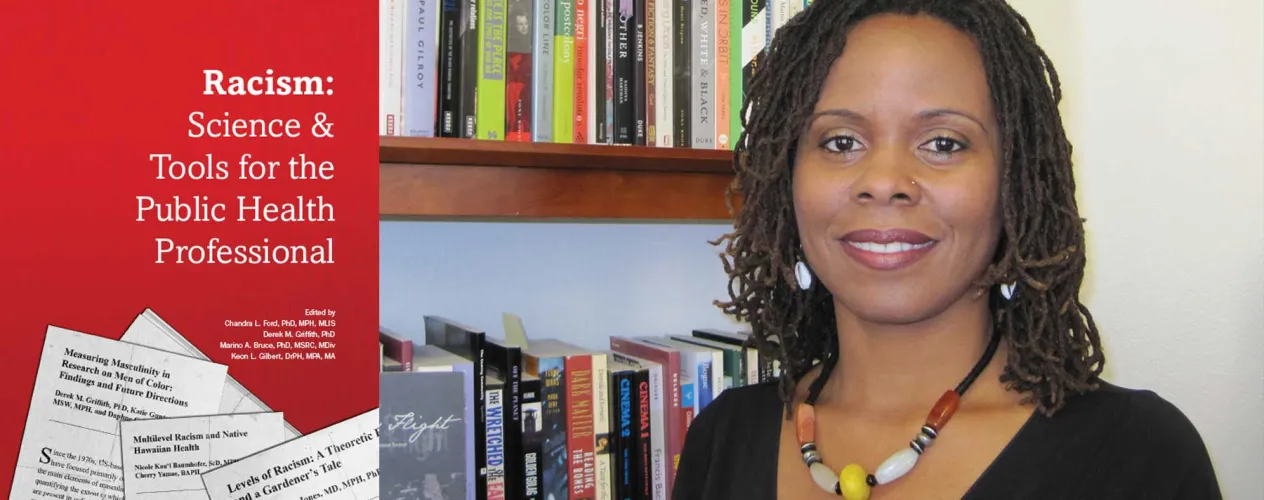
RESEARCHERS HAVE LONG DOCUMENTED HEALTH DISPARITIES — defined by the U.S. Centers for Disease Control and Prevention as “preventable differences in the burden of disease, injury, violence, or opportunities to achieve optimal health” — that negatively affect racial and ethnic minority populations. Much less attention has been paid to the role of racism in fueling these disparities.
In “Racism: Science & Tools for the Public Health Professional,” a new book co-edited by Chandra Ford, associate professor of community health sciences and founding director of FSPH’s Center for the Study of Racism, Social Justice & Health, academicians, students, and community organizers explain how experiencing racism can harm a person’s health, and how people who work in the field of public health should address the problem. The book includes contributions from Gilbert C. Gee, FSPH professor of community health sciences; four Fielding School doctoral students (Adrian M. Bacong, Natalie Bradford, Anna Hing, and Rebekah Israel Cross); and four alumni (Héctor E. Alcalá, MPH ’11, PhD ’15; Brittany N. Morey, MPH ’11, PhD ’17; Goleen Samari, MPH ’10, PhD ’15; and Mienah Z. Sharif, MPH ’09, PhD ’16).
Ford notes that the peer-reviewed research literature on racism’s health impact has grown exponentially in recent years. The ways in which these health effects are felt vary. One of the most direct is the toll of chronic stress stemming from the mistreatment, which can compromise both mental and physical health. “Much of the media focus is on overt forms of racism, but the research is very clear that what really wears the body down over time and contributes to many health disparities is exposure to everyday forms of racism, such as being treated with less respect, being followed while shopping, and constantly having to wonder whether an interaction was racially motivated,” Ford says.
People don’t experience high rates of poor health because of how they look, but because of the unfair treatment they receive based on how they look.
Ford points to other ways in which racism leads to health disparities, from the disproportionately higher exposures to environmental hazards in racial and ethnic minority communities to discrimination in housing and employment — which, among other things, affects health insurance and access to care. “Race isn’t fundamentally a biological attribute,” Ford says. “People don’t experience high rates of poor health because of how they look, but because of the unfair treatment they receive based on how they look.”
In the book, authors offer examples of how public health workers can confront racism, including naming it explicitly as a public health threat, recognizing their own biases, building community capacity in the course of research and interventions, collecting data on the lived experiences of populations exposed to various forms of racism, and prioritizing equity in assessments of health impacts.
“For many years, we have heard that the problem is socioeconomic, or that by naming racism we were actually contributing to the problem,” Ford says. “The research is now clear that racism is a public health issue. Public health professionals need to remove their blinders and tackle this head-on as the direct threat to health equity that it is.”
Faculty Referenced by this Article

Robert J. Kim-Farley, MD, MPH, is a Professor-in-Residence with joint appointments in the Departments of Epidemiology and Community Health Sciences
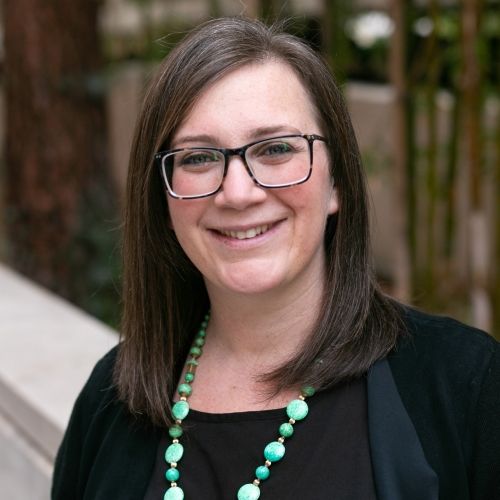
Director of Field Studies and Applied Professional Training
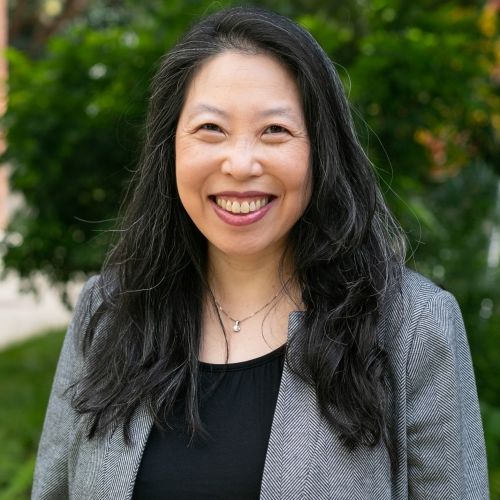
Assistant Dean for Research & Adjunct Associate Professor of Community Health Sciences

Professor of Community Health Sciences & Health Policy and Management, and Associate Dean for Research
